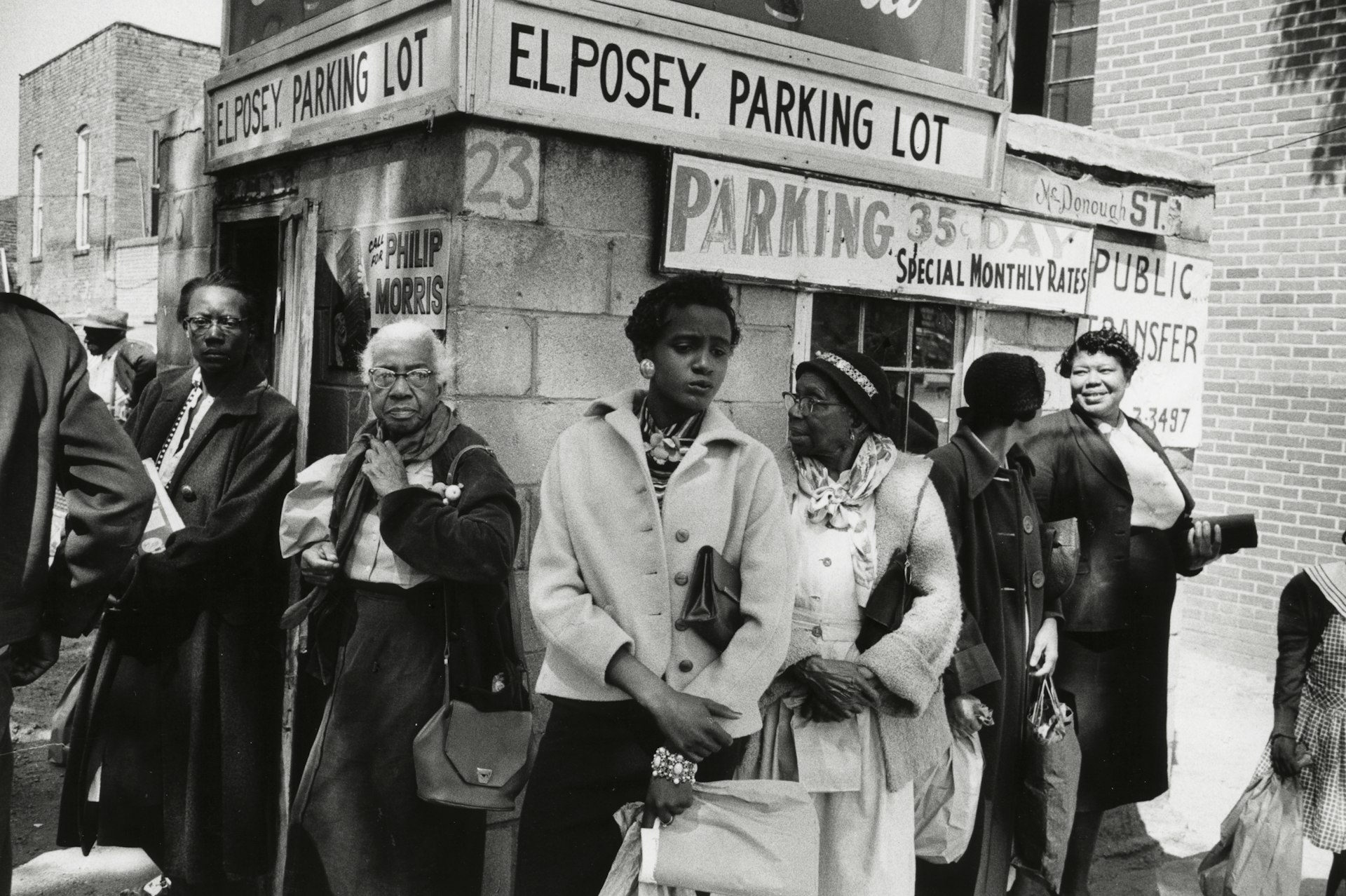The pioneering Manga artists who created a new genre of Japanese girls’ comics
- Text by Kyle Nathan Brown
- Photography by Kyle Nathan Brown - Artwork courtesy of The Atkinson Galleries

Shojo Manga or ‘Girls’ Manga’ is a postwar genre of manga, which was popularised and expanded upon by an innovative group of Japanese artists, from the 1970s onwards.
Shojo Manga: The World of Japanese Girls’ Comics at The Atkinson Galleries, Southport showcases a selection of work from three of the most pioneering artist of the genre: Akiko Hatsu, Yukio Kai, and Keiko Takemiya – alongside work from a further 17 artists. With a series of replica Genga “Dash” high quality digital prints, it’s the first exhibition of its type and a collaboration with the Kyoto International Manga Museum.
In the old, renovated Victorian establishment that is the Atkinson, the coming together of traditional English art and architecture with pop art from the land of the Rising Sun seems like a bizarre collision of two entirely different worlds. Passing through the Atkinson’s rooms of heavy and dark oil paintings, reaching the manga exhibition feels like a breath of fresh air – with the bright, manga artworks appearing very accessible.

Yukiko Kai
Although they share many elements of style, the three major artists demonstrate notable differences – exploring themes from Japanese tradition to science fiction and embracing other cultures. A soft palette of delicate pastels, sewn together with fine black lines, which are smooth and perfect, defines this style of drawing, creating a seemingly effortless beauty with each piece.
Akiko Hatsu’s work delves into a world of cultural and societal stories; from ghost-stories which focus on romance and love, to adventures which examine cultural landscapes. Executed in immaculate detail, the characters have impossible figures and entrancing stares. Their large, captivating eyes and forceful postures often convey a subtle sexual confidence, developed through a very feminine style and attitude that underlies the work.
Yukio Kai, who gave her younger sister Akiko Hatsu work as an assistant, had a career of just five years before her untimely death at 26. In that time her work touched upon themes of childhood adventure and fantasy worlds. Similar to her younger sister’s work, Yukio Kai’s palette is soft and subtle, yet the colours are brighter and bolder. Her work is perhaps directed at a younger audience than Hatsu’s, and the sexual confidence is replaced with innocence and wonder.

Akiko Hatsu
Keiko Takemiya’s work is markedly different to Hatsu’s and Kai’s. It wanders into the bizarre realm of sci-fi, with darker backgrounds flooded with black and bright primary colours lighting up the cosmos. One theme of Takemiya’s work is a future in which the Earth’s destruction seems inevitable. With heroic characters in extraterrestrial settings – meteors, collisions, doom – it is worlds away from ghost-stories and adventures.
Taken together, the work is a fascinating eye opener to a relatively unknown cultural movement – in the UK at least – and the viewing experience will transport you from its setting of a small northwestern town, to a bright new world.
Shojo Manga: The World of Japanese Girls’ Comics is at the The Atkinson Galleries until Sunday 14 February 2016. Free admission.
Latest on Huck

How Labour Activism changed the landscape of post-war USA
American Job — A new exhibition revisits over 70 years of working class solidarity and struggle, its radical legacy, and the central role of photography throughout.
Written by: Miss Rosen

Analogue Appreciation: Emma-Jean Thackray
Weirdo — In an ever more digital, online world, we ask our favourite artists about their most cherished pieces of physical culture. Today, multi-instrumentalist and Brownswood affiliate Emma-Jean Thackray.
Written by: Emma-Jean Thackray

Meet the shop cats of Hong Kong’s Sheung Wan district
Feline good — Traditionally adopted to keep away rats from expensive produce, the feline guardians have become part of the central neighbourhood’s fabric. Erica’s online series captures the local celebrities.
Written by: Isaac Muk

How trans rights activism and sex workers’ solidarity emerged in the ’70s and ’80s
Shoulder to Shoulder — In this extract from writer Jake Hall’s new book, which deep dives into the history of queer activism and coalition, they explore how anti-TERF and anti-SWERF campaigning developed from the same cloth.
Written by: Jake Hall

A behind the scenes look at the atomic wedgie community
Stretched out — Benjamin Fredrickson’s new project and photobook ‘Wedgies’ queers a time-old bullying act by exploring its erotic, extreme potential.
Written by: Isaac Muk

“Welcome to the Useless Class”: Ewan Morrison in conversation with Irvine Welsh
For Emma — Ahead of the Scottish author’s new novel, he sat down with Irvine Welsh for an in-depth discussion of its dystopic themes, and the upcoming AI “tsunami”.
Written by: Irvine Welsh